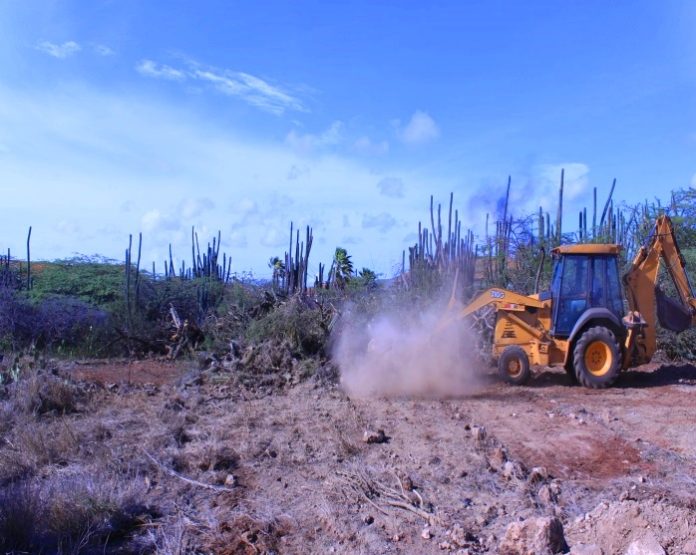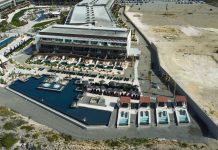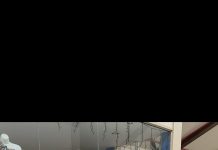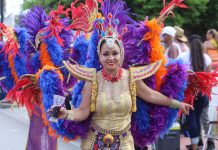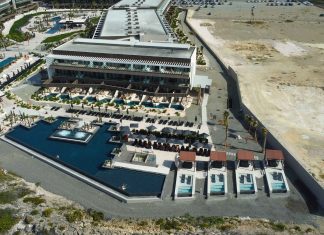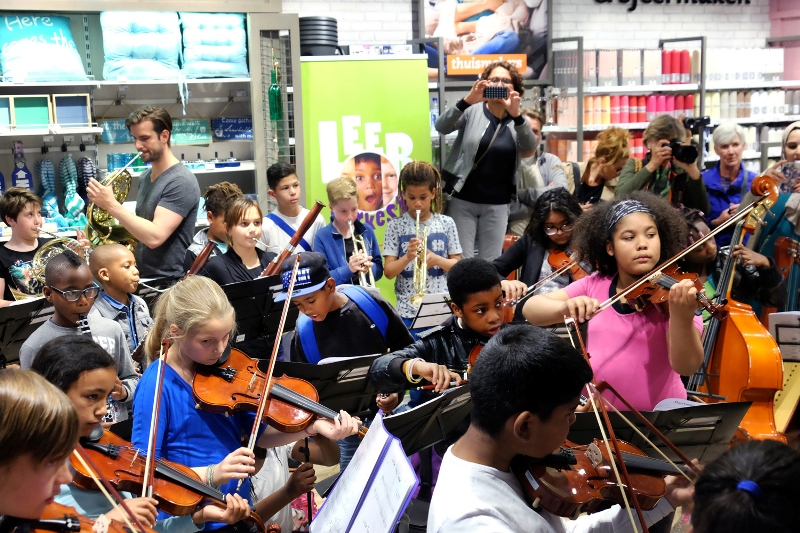Booking a magical glimpse inside Etnia Nativa is easy!
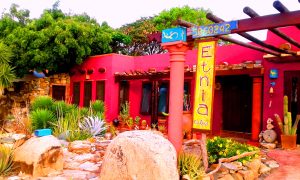
Article by Etnia Nativa call us 592 2702 and book your experience!
Etnia Nativa (Native Ethnicity) is dedicated to recovering and celebrating Aruba’s cultural identity and heritage. Through this platform, we share an authentic native perspective, raise awareness, and inspire our readers to embrace the mindset of a caretaker of Aruba.
In our previous episode, The Price of Paradise…, we voiced our concerns about the exploitation of our land. In this second part we pose a question that many of us—as residents—ask ourselves daily: How much more of our beloved rock must be destroyed before we choose a different? 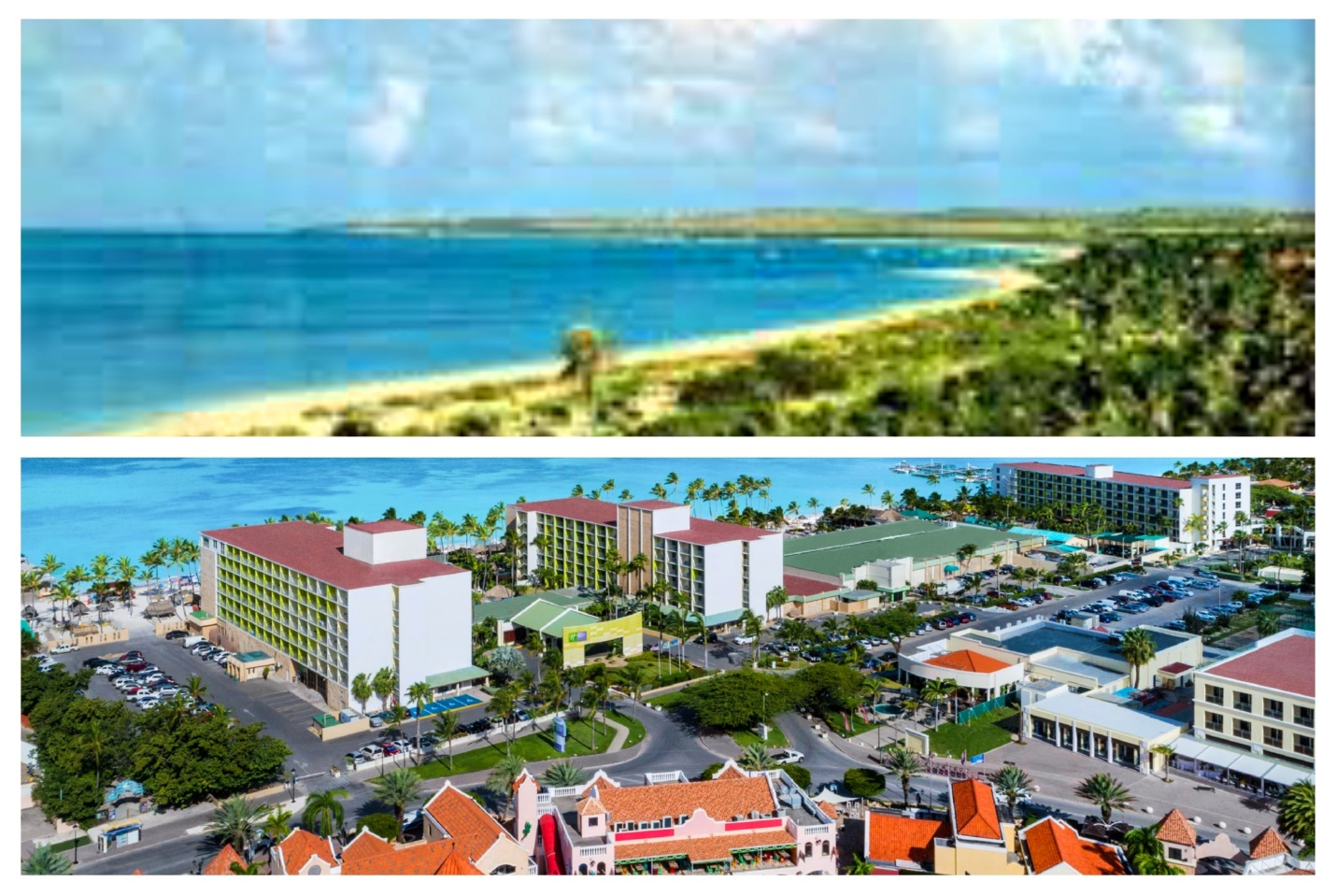
We are living in a pivotal moment. Many of Aruba’s tourism-driven industries remain focused on maximizing corporate revenue, often with little regard for the long-term consequences. This unchecked and unregulated pursuit of profit is taking a serious toll on our ecosystems, our community’s well-being, and our cultural identity.
Our small, beautiful island is straining under mounting pressure. Waste accumulates in natural areas, ecological degradation is accelerating, and the loss of unique native species has become alarmingly visible. Aruba’s land and surrounding seas are being reshaped—not by time, but by chemical waste, untreated runoff, reckless construction, and overdevelopment.
Towering beachfront hotels continue to rise, replacing the once-uninterrupted views of our sunsets. Bit by bit, the coastline that generations have cherished is being eroded, both physically and spiritually.
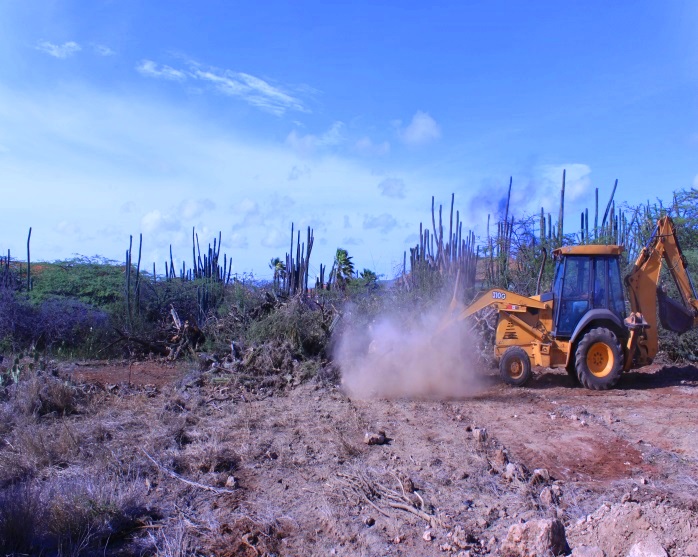
As Aruba’s population grows and tourism demands intensify, our limited land has become a battleground between economic development and environmental preservation—a clash between the haves and the have-nots. From the mangroves of Savaneta to the cactus-dotted plains of Noord, concrete is replacing nature. Gated communities, luxury resorts, and sprawling infrastructure now stand where native flora and fauna once thrived—where wetlands once served as natural barriers against floods and storm surges.
The consequences are already unfolding. Coastal erosion is accelerating. Native birds and reptiles are losing their habitats. Flooding during heavy rains is more frequent, especially in areas where natural buffers have been removed. These aren’t isolated environmental shifts—they affect public health, community safety, and the very identity that makes Aruba unique.
Meanwhile, many local families face a different kind of crisis: rising costs of living and a lack of affordable housing. For young Arubans, the decision is heartbreaking—stay on the island with limited opportunity, or leave in search of a better future. For them, development isn’t about luxury; it’s about survival—finding stable work, a home, and a reason to stay.
So where is the balance?
Encouragingly, some local initiatives are beginning to emerge—projects that support green building, protect natural corridors, and prioritize community voices in planning decisions. But these efforts are still dwarfed by the relentless pace of large-scale development.
The critical question remains: Can Aruba grow in a way that respects both its people and its environment?
The decisions we make today will not only shape the next few years—they will define our island for generations to come. Now is the time to choose a path that honors the beauty of our land, the resilience of our people, and the future we all deserve.
This article is presented by Etnia Nativa, offering a cultural perspective on the urgent need to rethink the future of tourism in Aruba.
At Etnia Nativa, we invite you to explore the true cultural fabric of Aruba. As the Caribbean’s only living museum, we proudly showcase the island’s rich mestizaje—a dynamic blend of cultures and traditions.
Since 1994, we’ve been pioneers in cultural preservation. As co-founders of Aruba’s National Park, the Archaeological Museum, and several artisan and community-driven initiatives, we continue to advocate for sustainable, culturally rooted tourism.
Connect with the spirit and soul of Aruba’s ancient heritage through a one-of-a-kind experience.
Book your Etnia Nativa Experience today! WhatsApp +297 592 2702 or etnianativa03@gmail.com


